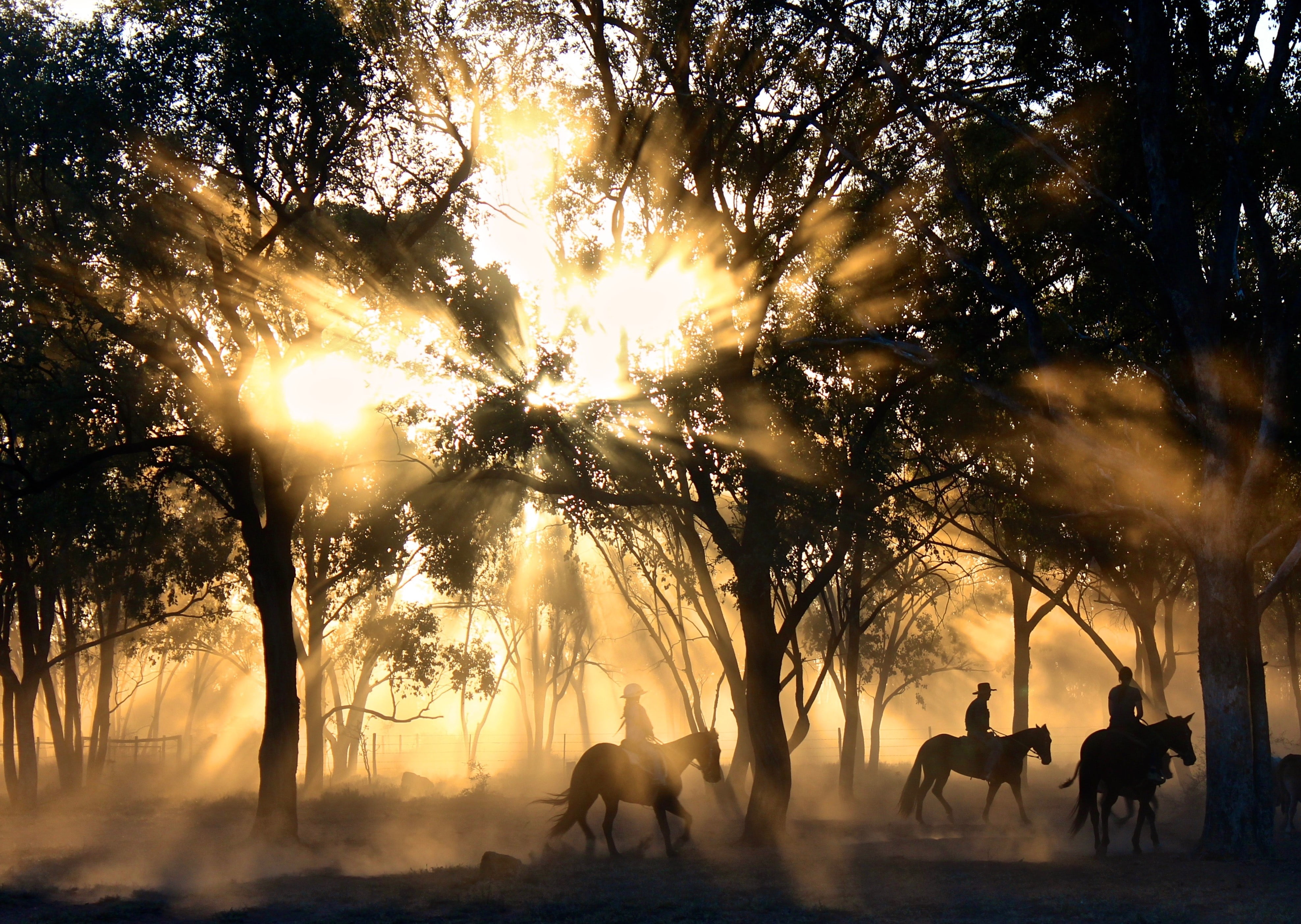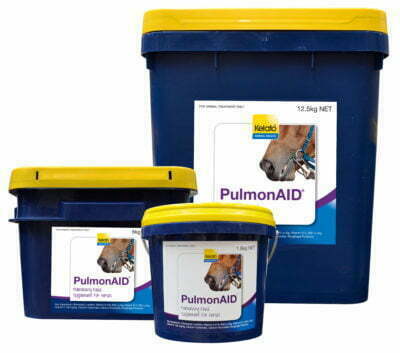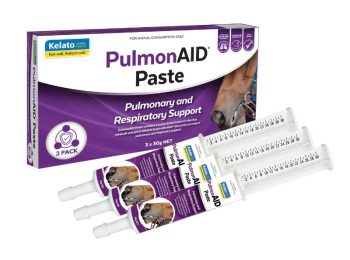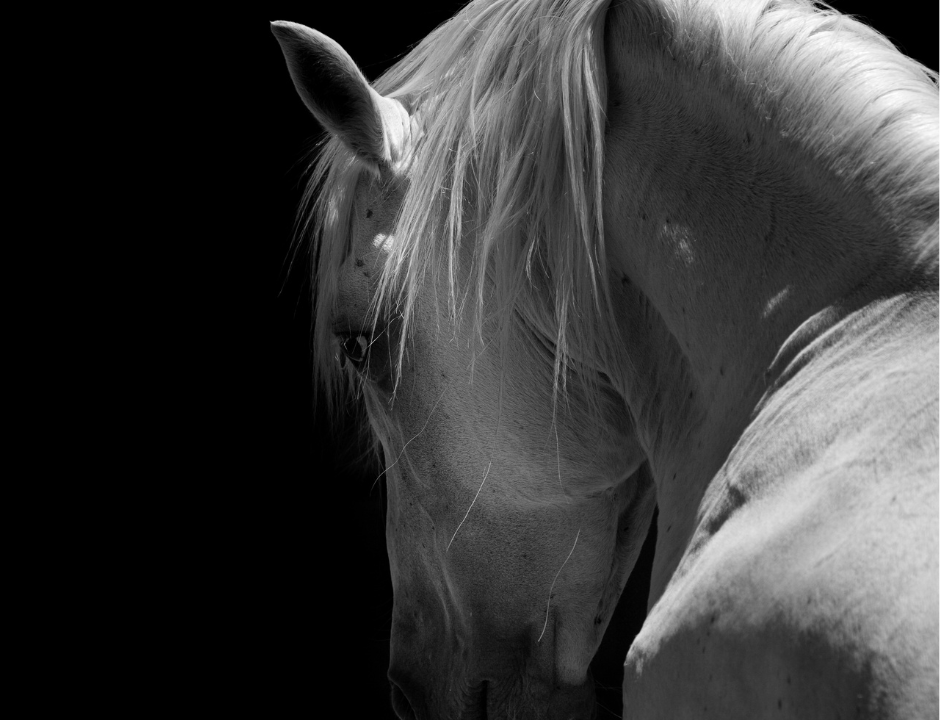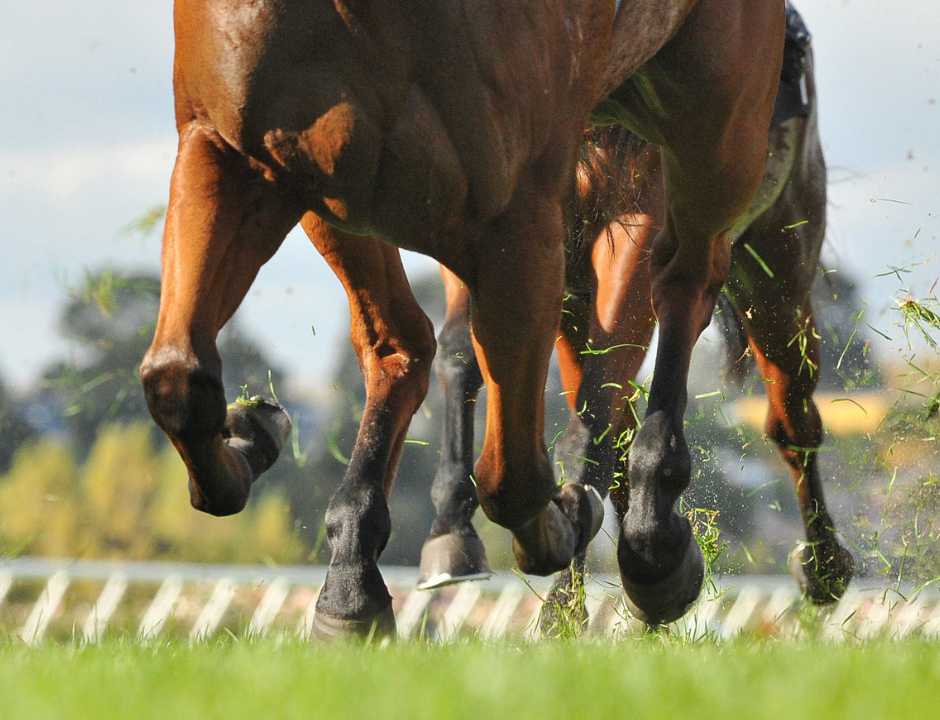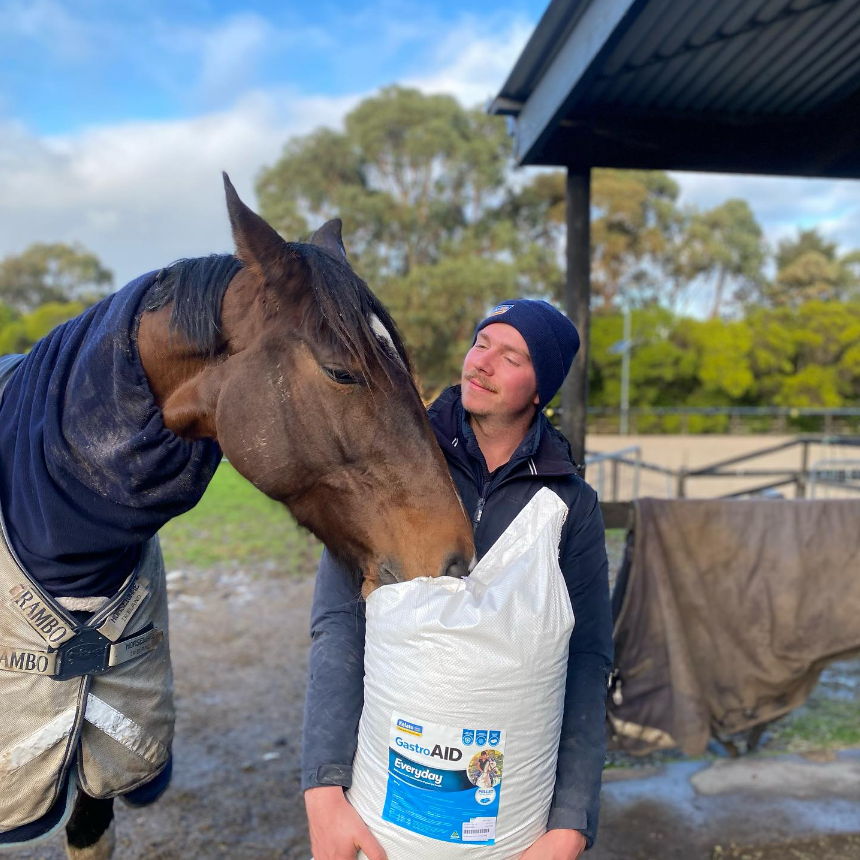When devastating bush fires create plumes of smoke across Australia, many of us are concerned about the effects of smoke inhalation on our horses. And for good reason! Smoke consists of a nasty combination of carbon dioxide, carbon monoxide, soot, hydrocarbons and other organic substances such as nitrogen oxides and trace minerals. While us humans can escape smoky conditions by wearing masks or going inside, our horses are unfortunately left exposed and vulnerable to the effects.
Smoke also contains particulates, which are a mix of solid particles and liquid droplets in the air. These particulates are typically very small and can therefore reach the deepest parts of the horse’s respiratory tract. Not only are particulates irritating for the horse’s eyes and respiratory tract, but they can also have long-term health implications.
What are some signs to look out for?
- Increased respiratory rate
- Coughing
- Wheezing
- Difficulty breathing
- Increased nasal discharge
- Lethargy
- Fever
Here’s how we can support our horses through smoky conditions:
- If your eyes burn and are bothered by smoke, you can assume your horse will be feeling the same way! Use human health air quality advisories and apply the same conditions for horses.
- Monitor your horse for signs of respiratory problems.
- Consult your veterinarian if your horse is showing signs of respiratory issues. There are treatments such as intravenous fluids, bronchodilator drugs, nebulisation or other measures to facilitate hydration of the airways and reduce inflammation. Your horse may also need blood tests to determine whether a secondary bacterial infection is contributing to respiratory problems (e.g. bronchitis, pneumonia).
- Provide horses with plenty of clean, freshwater. This helps keep the airways moist and aids clearance of inhaled particulates.
- Limit exercise when smoke is visible. Exercise increases airflow in and out of the lungs, which can trigger constriction of the airways.
- In cases of heavy smoke exposure, it can take four to six weeks for smoke-induced damage to heal. Your horse should not be worked during this time after the smoke has cleared. Give their lungs plenty of time to heal!
- Limit dust in the horse’s feed by wetting all feed.
My horse isn’t showing signs of respiratory issues, but I still worry about their health. Is there anything I can give them for extra support?
- Omega-3 fatty acid supplementation, particularly DHA (found in fish and algae sources), can be of benefit. Research in horses has shown that a supplement containing DHA improved chronic lower airway inflammatory diseases.
- Vitamin C is an antioxidant that may be of benefit. Horses produce their own vitamin C, but one study found that horses with recurrent airway obstruction had lower concentrations of vitamin C in their airway fluid and those with airway inflammation had the lowest levels. Dietary vitamin C (ascorbic acid) isn’t particularly well absorbed, so at least 3g per day is necessary. It’s important to note that horses, when supplemented, will decrease their own vitamin C production. If you are feeding vitamin C for more than 10 days, gradually withdraw the supplement from the diet.
Kelato’s PulmonAID is a nutritional supplement containing a blend of ingredients to support the normal integrity and function of the lungs.
- Lecithin – A key component of surfactant fluid that lines the lungs. Surfactants are important for the regulation of liquid balance within the airway, improved large airway clearance of fluid and control pulmonary inflammatory response (e.g. allergic reactions to dust).
- Chlorophyll – A potent antioxidant that mops up free radicals, preventing cell damage and protecting against oxidative stress. Chlorophyll also helps to dissolve mucus in the lungs by reducing inflammation.
- Vitamin A – An antioxidant that has a role in decreasing inflammation, alongside chlorophyll, and enhances chlorophyll’s activity.
- Vitamin E – An essential nutrient that cannot be synthesised by the horse. Vitamin E is a potent antioxidant that protects cell membranes from oxidative damage.
- Vitamin D3 – High levels of vitamin D in the blood is linked to superior lung function.
In smokey conditions, continue to feed PulmonAID daily. If conditions worsen, substitute PulmonAID for one full tube of PulmonAID Paste for immediate support on that day.
Looking for strategic, short-term support?
On the days when coughing might be exacerbated due to a change of environment during bushfire season, PulmonAID Paste can provide on-the-day support to the pulmonary inflammatory response that can often trigger coughing.
PulmonAID Paste is a unique supplement that contains a concentrated boost of vitamins, minerals and plant extracts to provide short-term and convenient pulmonary and respiratory support.
PulmonAID Paste benefits:
- Supports normal pulmonary and respiratory function
- Concentrated nutritional boost for all performance horses
- Maximises stamina and endurance
- Short-term support for the pulmonary inflammatory response
- Convenient syringe application
- Ideal for travelling and competition
Implementing appropriate management practices will help support your horse during bushfire conditions. Contact your veterinarian immediately if your horse is showing signs of respiratory issues.
Find out more about PulmonAID Powder and PulmonAID Paste, or get in touch on 1800 KELATO or email technical@kelato.com.au.
